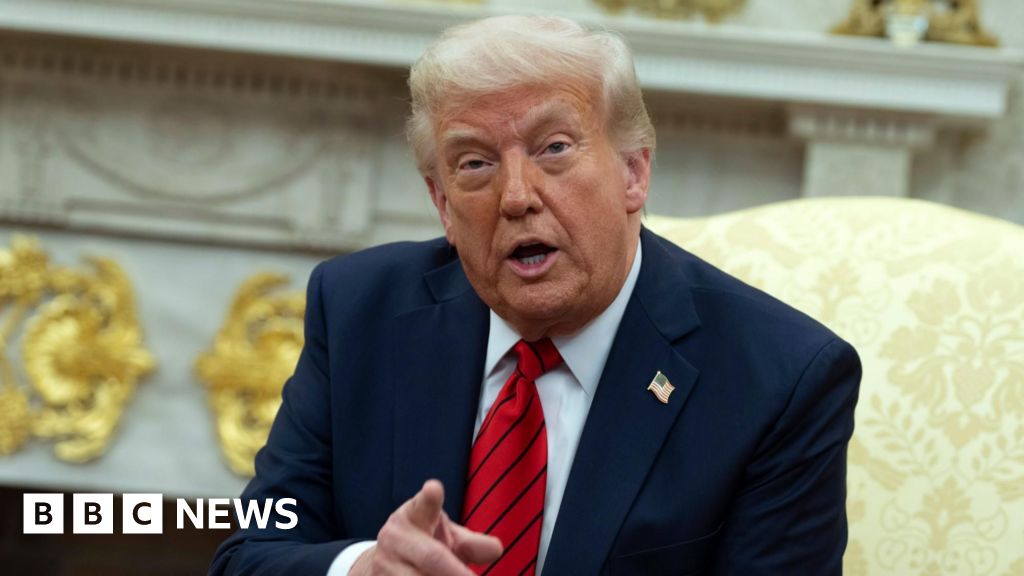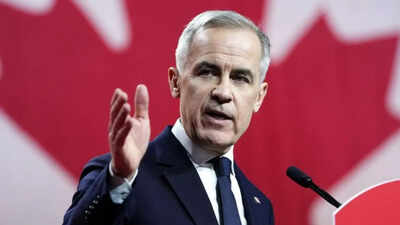Rachel Reeves Advocates for Continued Economic Engagement with China Amid US Pressure

Rachel Reeves, the British Chancellor, has firmly rejected the notion of economically disengaging from China, even as there are growing concerns that the United States may pressure the United Kingdom to limit its commercial engagements with the Asian superpower. Reeves' remarks come ahead of her upcoming trip to Washington, where she plans to discuss a potential trade deal with US officials.
In a statement to the Daily Telegraph, Reeves emphasized that it would be "very foolish" for Britain to decrease its engagement with the Chinese government, led by Xi Jinping. She pointed out that China is the world's second-largest economy, highlighting the necessity for the UK to maintain a robust economic relationship with Beijing.
This week, the Wall Street Journal reported that US officials are strategizing to use trade agreements and tariff negotiations as tools to economically isolate China. Such efforts reflect an escalating geopolitical tension, particularly in light of recent tariff impositions by the US on various imports.
In a notable turn of events, Keir Starmer, the leader of the Labour Party, engaged in a conversation with former President Donald Trump on Friday. This dialogue focused on the "ongoing and productive discussions" regarding a trade agreement. This meeting marked the first direct communication between the British Prime Minister and the US President since the US introduced a 10% tariff on certain goods.
Reeves went on to express her support for Shein, a fast-fashion retailer seeking to float on the London Stock Exchange. Although Shein originated in China, the company has since relocated its headquarters to Singapore. Despite its international presence, Shein has been embroiled in controversy, facing allegations of labor and supply chain abuses, particularly concerning its sourcing practices.
Reeves' comments come in the wake of a significant parliamentary decision granting the UK government emergency powers to ensure continued operations at the British Steel plant located in Scunthorpe, which is owned by the Chinese firm Jingye. This decision was prompted by concerns that Jingye had not been ordering sufficient supplies to keep the plant's blast furnaces operational, raising alarms about potential disruptions in production.
Criticism from MPs has been directed towards Jingye due to suspected links with the Chinese government, which has led to broader questions about the future of Chinese investment in critical UK infrastructure. Business Secretary Jonathan Reynolds acknowledged that companies from China would be scrutinized differently than those from other nations, although he stopped short of completely excluding Chinese investments in other sectors.
In response, the Chinese embassy in London condemned certain MPs for what they described as "anti-China" rhetoric, labeling it as an expression of "arrogance, ignorance, and a twisted mindset" towards China. In light of these tensions, Reeves reiterated her stance that Chinese investments should be restricted from sensitive areas of national infrastructure.
She expressed her openness to the idea of Shein being listed on the London Stock Exchange, noting that the company and the Financial Conduct Authority (FCA) are subject to rigorous standards of conduct. Shein filed for an initial public offering (IPO) with the FCA in June of the previous year, with projections of a market valuation reaching as high as 50 billion. However, the FCAs review process has been notably prolonged due to concerns regarding Shein's supply chain ethics.
Adding to the controversy, the campaign organization Stop Uyghur Genocide submitted a dossier to the FCA in August, alleging that Shein's production involved cotton sourced from Chinas Xinjiang region, where human rights abuses have been widely reported.
Reeves underscored the importance of revitalizing the UK's market, stating, "We have lost business and we have lost companies in recent years, and were working closely with the London Stock Exchange to make the UK a more vibrant place to list." Her upcoming visit to Washington will see her engage with US officials, including Treasury Secretary Scott Bessent, during the International Monetary Funds spring meetings, where discussions about tariff reductions are expected to take place as soon as the coming weeks.
During the recent call with Trump, Starmer reiterated his commitment to free trade and emphasized the critical nature of safeguarding national interests. British officials have already presented a draft trade deal to their US counterparts, which proposes reductions in tariffs on steel, aluminum, and automobiles, although discussions do not currently encompass pharmaceuticals. Trump has signaled that he intends to announce tariffs on the pharmaceutical sector "very shortly," a move that could have significant financial repercussions for British pharmaceutical companies.





























